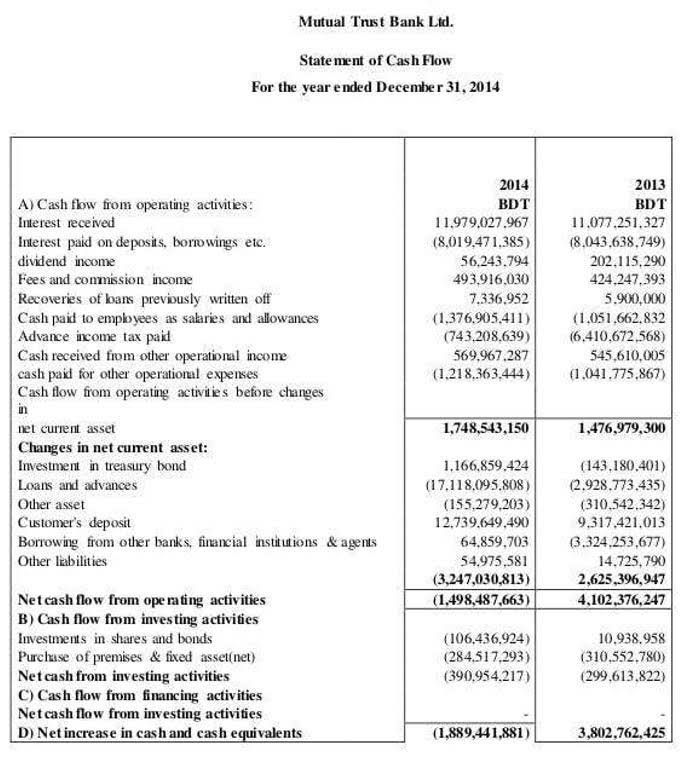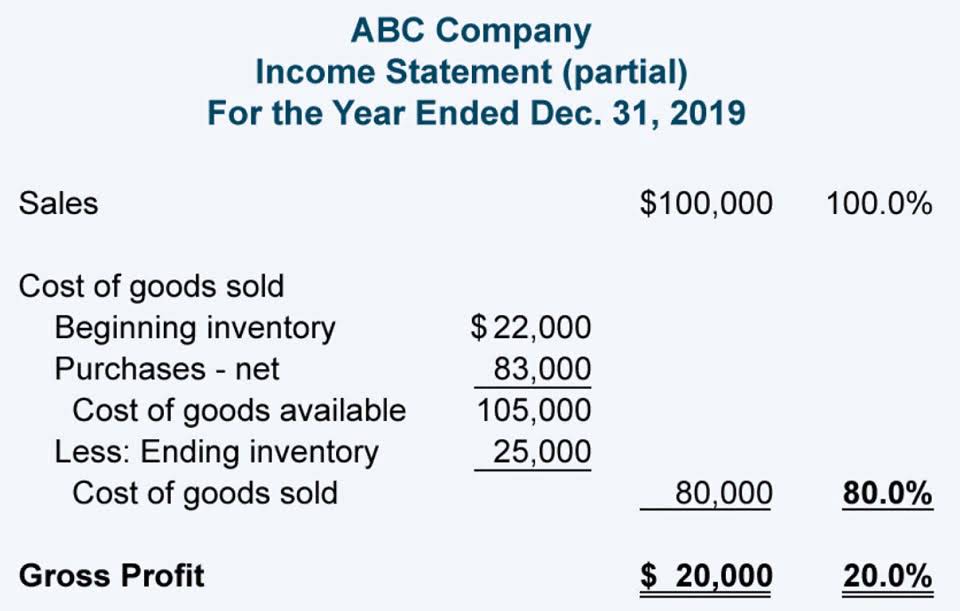
Presented in alphabetical order, this glossary of accounting terms covers essential basics and key concepts. You can look up individual terms, or read the guide from start to finish for a quick crash course in accounting fundamentals. accounting for beginners It is my opinion that the content of this textbook will be relevant and current for at least a decade. Any changes made to accounting principles, Canadian or International, will be very easy and straightforward to update.

Basic Accounting Course
I also rate the ability to think on your feet as an invaluable skill. There may be a lapse in the monthly revenue or a payout that is too high for employees. You’ll be expected to analyze information, keep track of the story your money tells and provide guidance on what to do next. No matter the case, I consider critical thinking as essential. Similar to any other profession, time management is an essential skill to have.

Perfect for Employees, Bookkeepers, Students, Accountants, and Small Businesses
Beginning with the foundational introduction to what accounting is through the full accounting cycle, while including financial statement analysis towards the end of the book. Students will find the format helpful; the voice is student-friendly. Instructors will find the text format friendly to semester-long class as concepts broken down into 13 chapters. The chapters explain the learning outcomes, use examples to express concepts, with chapter summary at end. The topics included are consistent with intro accounting courses. The income statement is also known as the statement of operations, profit and loss statement, and statement of earnings.
What are some accounting concepts?
Also, be sure the bank can integrate with your point-of-sale (POS) system and other technological needs. Business bank accounts typically charge more than personal accounts and often have a higher minimum balance. Check these numbers before committing to a bank and a business account.
- The textbook adequately refers to the international accounting standards.
- This method is more commonly used as it more accurately depicts the performance of a business over time.
- Accountants should aim to provide full disclosure of all financial and accounting data in financial reports.
- Management accountants present financial data to stakeholders and senior leadership at a company.
- At first, learning it might seem like a daunting mountain to climb, but it’s a journey well worth it.
- Under the principle of consistency, accountants must clearly state any changes in financial data on financial statements.
I’m of the view that organizational skills need to be top-notch. Keep track of where information is for https://www.bookstime.com/ all of your different clients. That should include secure storage systems for all of their documents.
- The working accountant is compliant with GAAP rules and regulations.
- I suggest also checking out third-party payment solutions such as Stripe.
- An accountant is often faced with internal deadlines and audits.
- To learn a foreign language like Accounting, you need quite a bit of practice in the basic foundations (grammar, syntax, idioms, etc.).
- Whomever you choose, be sure to read plenty of reviews and testimonials about your potential accountant.
- It’s not just about crunching numbers; it’s about understanding the story behind those numbers and how they impact the organization’s overall health and direction.
New to Business Essentials? Start here.
Even if you opt to hire a professional, you’ll be able to better communicate if you understand the concepts that I’ve discussed in this guide to accounting basics. Being a rockstar accountant is more than just being good with numbers. One needs a vast array of knowledge on tax codes, financial regulations, and the best practices for maintaining a healthy balance sheet.
![]()
What you’ll learn
Financial accounting focuses on the value of the company’s assets and liabilities. These accountants make sure that a company’s accounting follows the Generally Accepted Accounting Principles, which I will describe below. These accountants also work with cash flow statements and balance sheets. An income statement, also referred to as a profit and loss statement, is a financial document I use to see how much my business has earned and spent during a specific accounting period. It shows me the total revenue my company brought in, subtracts all the expenses incurred, and helps me determine whether I made a profit or a loss during that time.
That includes what’s being spent and what money the business is making. This work can be done either by an accountant or a bookkeeper. Accountants go beyond, advising leaders on what to do with this data. Cost accountants create a constant record of all costs incurred by the business. This data is used to track where the company spends and improve the management of these expenses. Cost accountants are responsible for finding redundancies and places where the company could cut costs.


